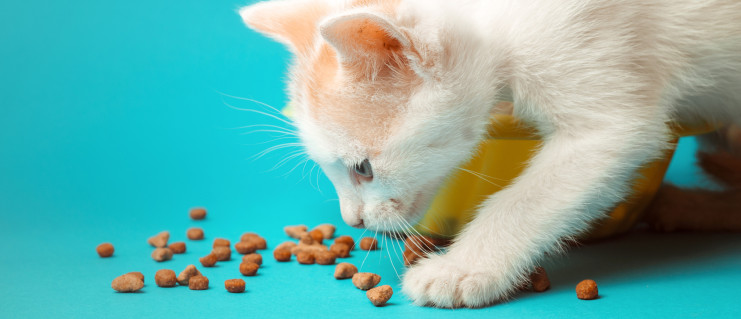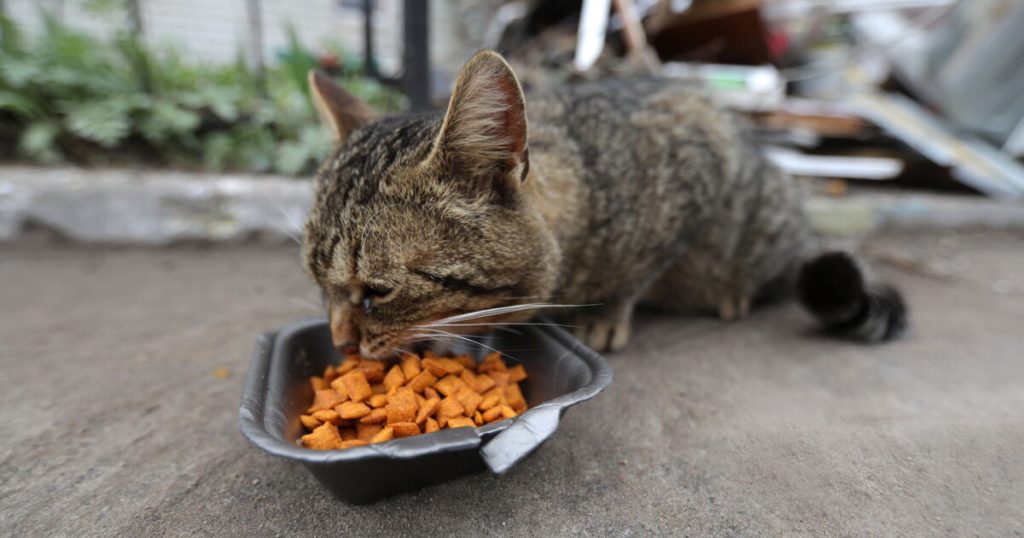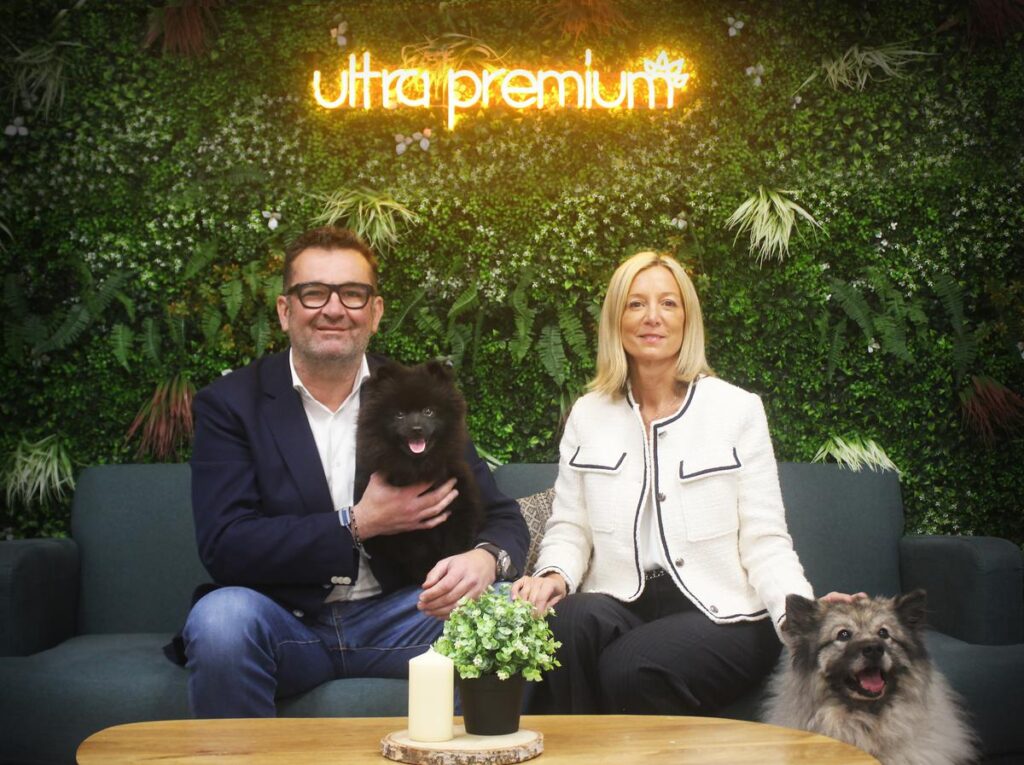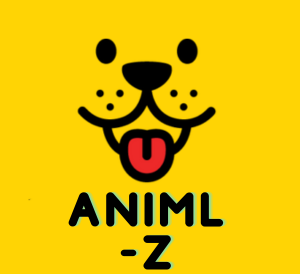
Will the decree requiring stores to inform their customers about the increase in prices of products whose weight has decreased put an end to this practice?
Feeding a cat is expensive. Add a dash of shrinkflation to the basic budget, and you’re likely to see feline owners baring their claws. “I find it scandalous that in one month, the Purina brand has increased the price of its Friskies cat food by more than €1, while having reduced the weight of the package by 500 g”takes offense to one of our readers.
On March 18, 2024, she purchased a 2 kg package of Friskies Junior Chicken kibble at the price of €4.45, or €2.225/kg. A month later, she noticed that the bag only weighs 1.5 kg, and that it is now sold at €3.80/kg. “Of course the image on the package has changed, but the increase of over 50% is there! »
Purina invokes French manufacturing
So we contacted Purina, which owns the Friskies brand. “The quality of our products and our commitments to responsible French production were no longer reflected in the prices on the shelves”replied the company, which specifies that 95% of Friskies cat and dog kibbles sold in France are manufactured in France.
Before adding: “We are also optimizing our Friskies range in terms of number of references and weights to better meet the uses of our consumers. » Thus, the range of dry cat food now includes 12 references, compared to 16 previously, and formats of 1.5 kg and 3 kg. “The composition of our recipes does not change”finally underlines this subsidiary of Nestlé.
ALSO READ >>> How to choose the right cat food
Before Friskies croquettes, Félix pâté
This is not the first time that we have singled out a Purina brand for this type of practice. At the beginning of 2022, another reader pointed out to us that the sachets of Félix brand cat food had gone from 100 to 85 g, with a price increase of 33%.
Purina then responded that this new packaging was more suited to the nutritional needs of cats, while being less plastic intensive. Respect for the environment two years ago, local manufacturing today… The company is never short of arguments to justify the price increases that accompany its format changes.
Distributors are not left out
In the meantime, discontent against shrinkflation has continued to grow. And consumers who were already annoyed by this practice two years ago are now truly exasperated! This is evidenced by the numerous testimonies we receive every day on this subject.
Pulling out all stops, certain distributors therefore began to denounce manufacturers who were resorting to shrinkflation by pointing out the products concerned on the shelves. While some of them were far from being impeccable on the issue, like Carrefour with its sucrines.
ALSO READ >>> The smaller the medicine box, the more expensive the treatment
A decree to better inform consumers
But these posters will soon no longer be part of a mass distribution marketing operation. A decree of April 16, 2024 will in fact make it compulsory, from July 1, 2024, “consumer information relating to the upward trend in the prices of products which have suffered a reduction in quantity”.
We therefore asked Purina to react to this announcement. The company assures us that it understands the importance of this information: “This is why we deployed in-store communication with the mention “new formats” on kakemonos, floor stickers and all our couponing devices, she specifies. We are also indicating these new formats on the drive sites and on the Friskies page of our Purina site. »
Posters on the shelves
But the animal food specialist believes that it is still too early to answer us on the operational arrangements that will be implemented with distributors. In fact, it is only on the latter that the obligation to inform consumers about the increase in prices of products whose quantity has decreased will rest.
Large and medium-sized stores will therefore have to indicate, through posters, consumer products subject to shrinkflation, whether they are sold under national or distributor brands. Only products from the catering section and foodstuffs sold in bulk will be spared from this obligation.
Continue to report questionable practices
“(The information) must appear in these physical stores during the two months following the marketing date of the industrial food and non-food products concerned (bottles of soda, packets of rice, laundry detergent or cans, for example)”specifies the Ministry of the Economy.
The latter invites consumers who have doubts about the price of a product to report it on the SignalConso application or website. It’s a shame that the platform does not offer, in the response choices of the form dedicated to “Purchases in store”, a specific box for shrinkflation problems.
What about sanctions?
But is consumer vigilance the only safeguard envisaged? Fraud Repression tells us that checks will be carried out, and that “these investigations will be based, in particular, on consumer reports via SignalConso”. It remains to be hoped that customers will have the reflex to go to the platform.
As for the sanctions, those who resist will be liable to an administrative fine ranging from €3,000 for a natural person and €15,000 for a legal entity. “In addition, agents of the Directorate General for Competition, Competition and Fraud Control may use, to put an end to these breaches, the administrative police powers (injunction) granted to them by Article L. 521 -1 of the consumption code. » What should deter manufacturers? We’ll have to wait until summer to find out.
ALSO READ >>> Products transformed much better in photos than in real life
60 Million share your views
Have you spotted an inconsistency on a product label? Do not hesitate to write to us. Your testimony could be the subject of an article like the one you have just read.




